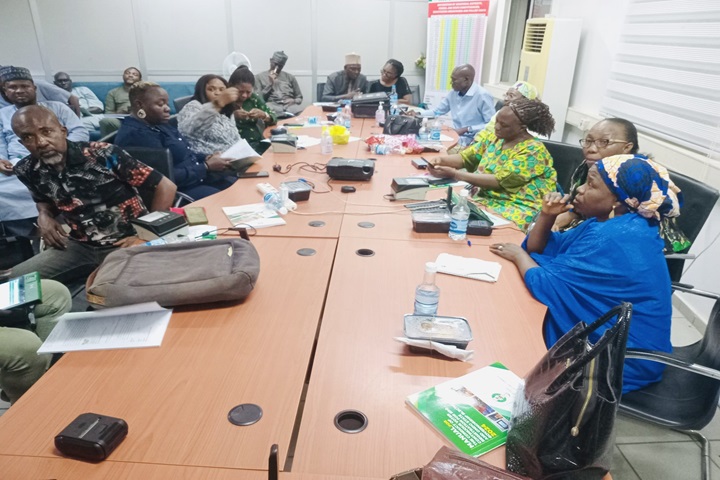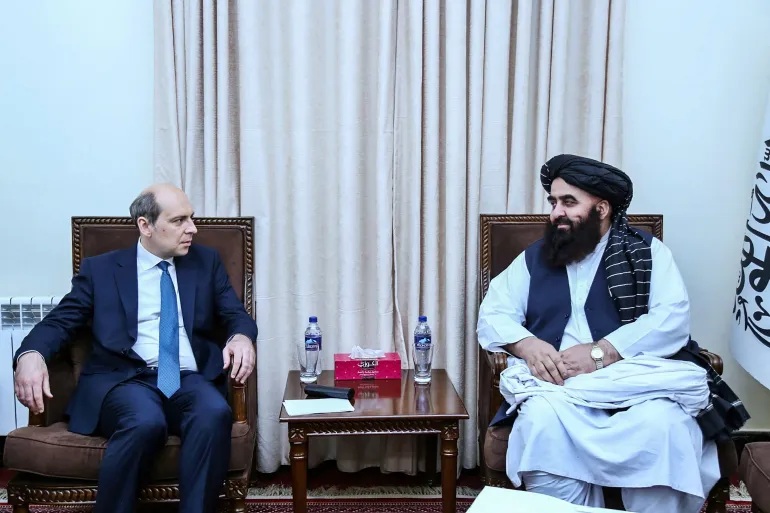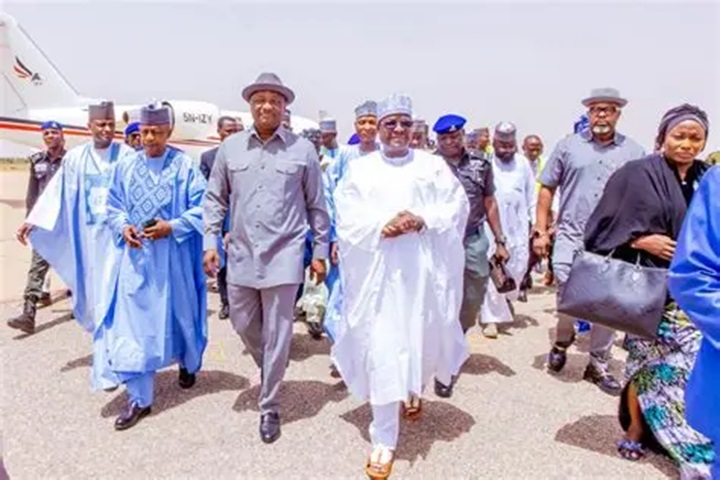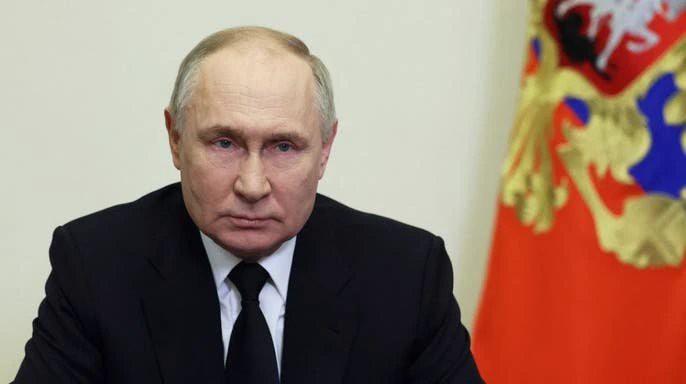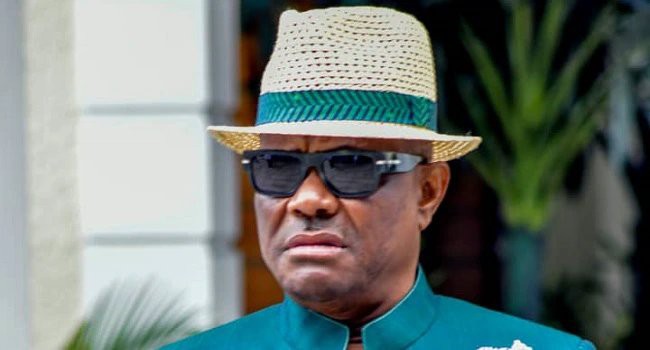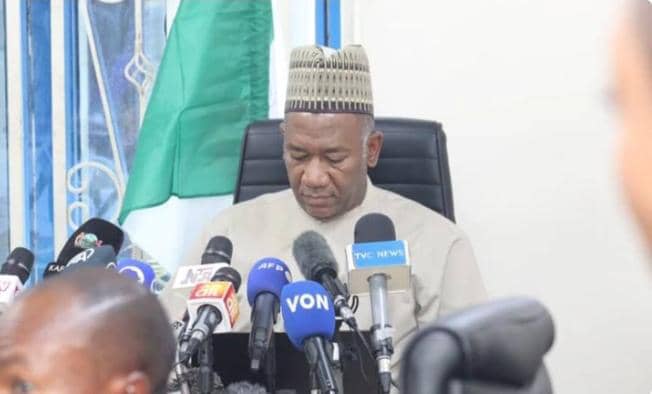News
BRIEF HISTORY OF IKALE (YORÙBÁ) – Unveiling the Cultural Tapestry of a Vibrant Community


Ikale, a distinctive dialect spoken by the Yorùbá people of Nigeria, unfolds a rich cultural narrative that transcends linguistic nuances. This linguistic variant is not only a mode of communication but also a symbol of identity for the people who proudly embrace it.
Situated in the Southwestern part of Ondo State, Ikale comprises fourteen communities sharing borders with Ilaje, Ijo Apoi, and Ijo Arogbo to the south; Odigbo Local Government to the north; Edo State to the east; and Ogun State to the west. The Ikale communities, including Ikoya, Ode-Irele, Omen, Igbodigo, Ayeka, Idepe (Okitipupa), Ode-Aye, Erinje, Osooro, Igbinsin-Oloto, Akotogbo, Ajagba, Iyansan, and Iju-Osun, paint a diverse picture of the cultural mosaic within the region.
Osooro, a conglomerate of Igbotako, Ilutitun, Iju-Odo, Iju-Oke, Erekiti, and Omotosoo towns, reveals traces of Edo language and culture, a testament to historical connections with the Benin Confederation.
Beyond Ondo State, Ikale establishes kindred communities in Ogun State, namely Ayede, Ayila, Arafen, and Mobolorunduro, underscoring the dispersion and interconnectedness of the Ikale people.
Ikale’s historical roots delve into diverse claims of descent, with some communities asserting connections to Ilé-Ifè, others to Benin, or Ugbo descent. Oral tradition indicates migrations from Ifè-Ooye predating the Benin contact of the sixteenth century, linking the Ikale dynasty to Ọba Esigie.
The endonym “Ikale” intertwines with a migration story rooted in the Ilé-Ifè cultural tapestry. Chief M.A. Fabunmi shares the Ifè version, recounting the migration during the edi festival. As mats were removed on the seventh day, elders proclaimed, “a ka ile,” signifying the day Ikale people migrated. The name stuck, signifying the removal of mats from the ground.
Another perspective by Bajowa (1992:2) suggests Ikale’s origin from a circle drawn during the second Abodi’s visit to Ilé-Ifè, creating the term from “ika” (drawing a circle) and “ile” (ground).
Bajowa’s research links the Ikale dynasty with the reign of Ọba Esigie, specifically through Abodi, recognized by many Ikale as their ancestor and the son of Ọba Esigie. However, oral tradition asserts pre-Benin migrations, emphasizing a nuanced history predating the Abodi episode.
The Ikale cultural identity intertwines with Ilaje oral traditions, emphasizing their mutual relationship with Ifè. Historical links, whether to Ilé-Ifè, Benin, or Ugbo, weave a cultural tapestry that reflects the complexity and diversity of Ikale heritage.
The narrative of Ikale’s history is an intricate weave of linguistic, cultural, and historical threads, each community contributing to a vibrant tapestry that encapsulates the essence of this Yorùbá dialect and its people. The legacy of migrations, cultural influences, and dynastic connections unveils the depth and richness of Ikale’s heritage, inviting exploration and appreciation for the diverse narratives that shape this community.
For Diaspora Digital Media Updates click on Whatsapp, or Telegram. For eyewitness accounts/ reports/ articles, write to: citizenreports@diasporadigitalmedia.com. Follow us on X (Fomerly Twitter) or Facebook



